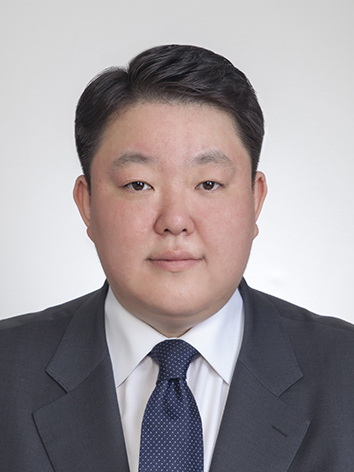[Herald Interview] ‘Foreigners only’ law may dent Korea’s casino plans
By Korea HeraldPublished : May 21, 2014 - 20:28
MACAU ― The casino business is one of the very few industries that has been enjoying double digit growth over the years, especially in Asia, but whether South Korea will be able to take its share of the pie is yet to be seen.
The greatest factor in its chances of success is whether the government will open up the market and end the ban on gambling for Korean citizens, according to a leisure business expert.
“Compared to Macau or Singapore, Korea’s gambling market is small, but it offers huge opportunities for global operators that plan to expand their business,” Steve Park, managing director of market entry consulting firm KORE, told The Korea Herald.
The greatest factor in its chances of success is whether the government will open up the market and end the ban on gambling for Korean citizens, according to a leisure business expert.
“Compared to Macau or Singapore, Korea’s gambling market is small, but it offers huge opportunities for global operators that plan to expand their business,” Steve Park, managing director of market entry consulting firm KORE, told The Korea Herald.

Park, who is also the executive director of the Integrated Resorts Industry Development Forum, attended the eighth annual Global Gaming Expo Asia 2014, in Macau this week, to speak about the Korean gaming industry.
According to global consulting firm PricewaterhouseCoopers, the world’s casino market is expected to amount to $187.2 billion in 2015, 55 percent up from 2010.
It was against this backdrop and anticipation for future profit growth that the South Korean government recently voted to create foreign-invested casinos and mega-sized integrated resorts in the country.
In October 2013, a joint consortium of Las Vegas-based Caesars Entertainment and Indonesian conglomerate Lippo Group was granted a license to initiate a $1.9 billion casino resort project near Incheon International Airport on Yeongjongdo Island.
“The casino industry is likely to take a significant leap in upcoming years, boosted by the government’s recent series of plans to establish large integrated casino resorts and to allow foreign capital to participate,” Park said.
According to the Ministry of Culture, Sports and Tourism, 2 out of 10 tourists to Korea last year visited casinos during their visit and half of them were of Chinese nationality. Also, the number of Chinese gamblers in South Korea soared by 245 percent from 2009-2013.
“But should Korea fail to make the right move at the right time, it might irrevocably fall behind in the global market.”
Park’s guarded stance largely referred to Japan, which expects to legalize the casino business as early as June this year, in the hope of activating the industry by the 2020 Tokyo Olympic Games.
“Of course, the actual processes will take years, as Japan currently does not have the necessary infrastructure, much less the operating system,” he said.
“But once Japan legalizes casinos and moves on to details, a large sum of investment capital will then flow into the Japanese market, leaving little for Korea to profit from.”
In order to prevent that from happening, the consultant suggested that South Korea consider abolishing the law which bans local residents from using casinos, except the state-operated Kangwon Land Casino ― a regulation which has been in force since the 1970s.
“The casino business, more than any other sector, involves an economy of scale, and thus requires a hard investment,” Park explained.
“The global big players will hesitate to commit themselves to the Korean market, as long as the ‘foreigners only’ regulation persists.”
He admitted that the lift of the ban and the resulting expansion of the gambling business would also give rise to a number of controversies, such as gambling addiction.
“The Korean public has a general sentiment of fear against gambling, and that is quite understandable, considering the consequences,” he said.
“But Korea seems to have decided to go down that road and seek growth in the market, so what it should do at this stage is to prepare itself with preemptive measures and, most of all, to open up for investment.”
By Bae Hyun-jung, Korea Herald correspondent
(tellme@heraldcorp.com)
-
Articles by Korea Herald









![[Kim Seong-kon] Democracy and the future of South Korea](http://res.heraldm.com/phpwas/restmb_idxmake.php?idx=644&simg=/content/image/2024/04/16/20240416050802_0.jpg&u=)








![[KH Explains] Hyundai's full hybrid edge to pay off amid slow transition to pure EVs](http://res.heraldm.com/phpwas/restmb_idxmake.php?idx=652&simg=/content/image/2024/04/18/20240418050645_0.jpg&u=20240418181020)

![[Today’s K-pop] Zico drops snippet of collaboration with Jennie](http://res.heraldm.com/phpwas/restmb_idxmake.php?idx=642&simg=/content/image/2024/04/18/20240418050702_0.jpg&u=)